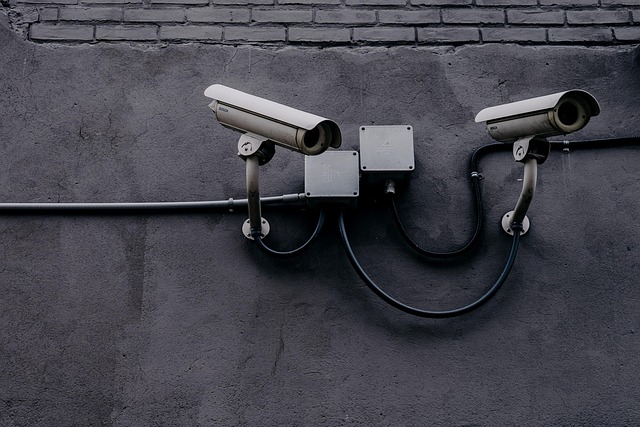Legal Implications of Biometric Data in Public Spaces
Introduction: In an era of advancing technology, the use of biometric data in public spaces has become a contentious legal issue. This article explores the complex legal landscape surrounding the collection and use of biometric information, examining its impact on privacy rights, security concerns, and the delicate balance between public safety and individual freedoms.

Legal Framework Governing Biometric Data
The legal landscape surrounding biometric data is complex and often fragmented. In the United States, there is no comprehensive federal law specifically addressing biometric information. Instead, a patchwork of state laws and industry-specific regulations govern its collection and use. Some states, like Illinois with its Biometric Information Privacy Act (BIPA), have enacted strict laws requiring consent before collecting biometric data and imposing hefty fines for violations. Other states have more lenient approaches or no specific legislation at all, creating a confusing regulatory environment for both businesses and consumers.
Constitutional Considerations and Fourth Amendment Challenges
The use of biometric technology in public spaces raises important constitutional questions, particularly regarding the Fourth Amendment’s protection against unreasonable searches and seizures. Courts have grappled with whether the collection of biometric data in public constitutes a search under the Fourth Amendment. Some argue that individuals have no reasonable expectation of privacy in public spaces, while others contend that the pervasive and indiscriminate nature of biometric surveillance infringes on fundamental privacy rights. Recent court decisions have begun to address these issues, but the legal landscape remains unsettled.
Balancing Security and Privacy Concerns
Proponents of biometric technology in public spaces argue that it enhances public safety and national security. Law enforcement agencies tout its potential to prevent crime, identify suspects, and locate missing persons. However, critics warn of the potential for abuse, citing concerns about mass surveillance, data breaches, and the chilling effect on free expression and association. The legal challenge lies in striking a balance between these competing interests, ensuring that security measures do not unduly infringe on individual rights and freedoms.
Consent and Transparency Issues
One of the most contentious legal issues surrounding biometric data in public spaces is the question of consent. Unlike traditional forms of identification, biometric data is inherently personal and cannot be changed if compromised. Many argue that individuals should have the right to know when their biometric information is being collected and how it will be used. Some jurisdictions have implemented notice requirements, mandating that businesses and government entities inform the public about biometric data collection. However, the effectiveness of these measures and the standard for meaningful consent remain subjects of legal debate.
Data Protection and Security Concerns
The collection and storage of biometric data raise significant data protection and security concerns. Biometric information is highly sensitive and, if compromised, could lead to severe consequences for individuals. Legal frameworks must address not only the collection of this data but also its storage, use, and potential transfer to third parties. Questions of data retention periods, encryption standards, and access controls are critical components of the legal landscape. The potential for data breaches and unauthorized access to biometric databases presents unique challenges that existing cybersecurity laws may not adequately address.
International Perspectives and Cross-Border Implications
The use of biometric technology in public spaces is not limited by national borders, creating complex international legal challenges. Different countries have varying approaches to privacy and data protection, leading to potential conflicts when biometric data is collected or shared across jurisdictions. The European Union’s General Data Protection Regulation (GDPR) has set a high standard for biometric data protection, influencing global practices. However, disparities in international laws create obstacles for multinational corporations and raise questions about the rights of individuals when their biometric data is collected in one country but processed or stored in another.
Future Legal Challenges and Policy Considerations
As biometric technology continues to advance, new legal challenges are likely to emerge. The potential integration of biometric data with artificial intelligence and machine learning algorithms raises questions about algorithmic bias and fairness. The development of more sophisticated biometric identifiers, such as gait recognition or even DNA-based systems, will require careful legal consideration. Policymakers and legal experts must anticipate these developments and work to create flexible yet robust legal frameworks that can adapt to technological advancements while protecting individual rights.
In conclusion, the legal implications of biometric data in public spaces represent a complex and evolving area of law. Balancing the benefits of enhanced security and convenience with the fundamental right to privacy requires ongoing legal analysis and policy development. As technology continues to advance, it is crucial that legal frameworks keep pace, ensuring that the use of biometric data in public spaces is governed by clear, fair, and comprehensive regulations that protect individual rights while allowing for responsible innovation.






